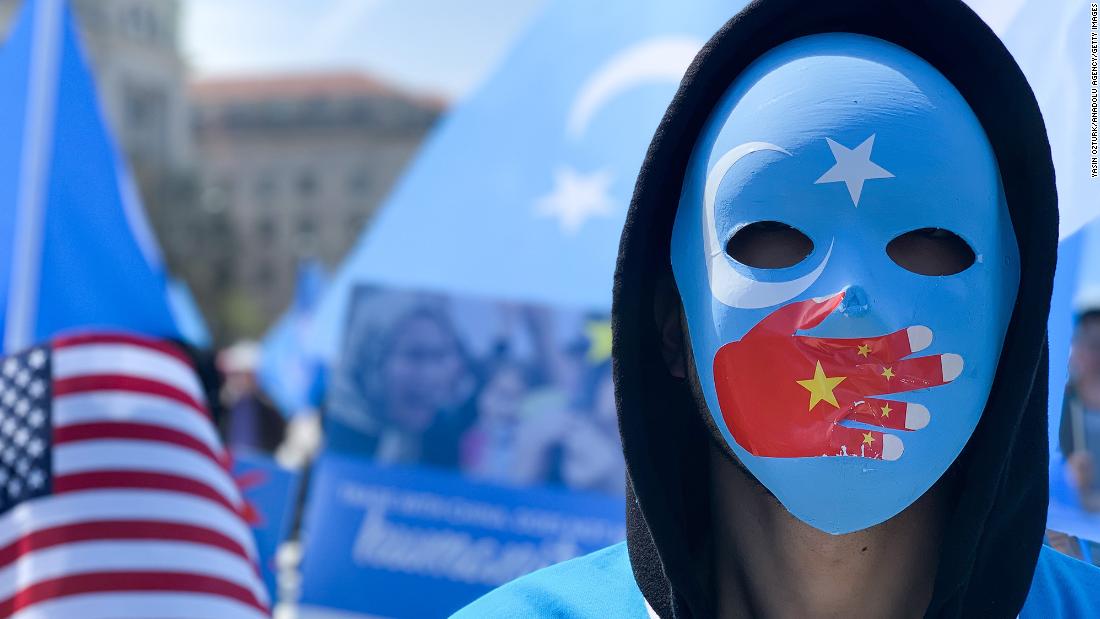“They were targeting activists, journalists and dissidents among the Uighurs and other Muslim minorities from Xinjiang, China, who lived mainly in Turkey, Kazakhstan, the United States and other countries,” said Facebook in a post on Wednesday detailing its discoveries about the cyber espionage campaign.
“This group used fake Facebook accounts to create fictional personas posing as journalists, students, human rights defenders or members of the Uighur community to build the trust of the people they targeted and trick them into clicking malicious links,” said the company.
The US State Department previously estimated that some 2 million Uighurs, as well as members of other Muslim minority groups, were detained in internment camps in the region.
The hacker groups identified as responsible for the latest campaign are known in the cybersecurity industry as “Evil Eye” and “Earth Empusa” and have been involved in previous espionage campaigns, according to Facebook.
Facebook and other social media platforms have been widely criticized for allowing Russian trolls to pose as Americans online in the run-up to the 2016 elections. Since then, Facebook has publicly called on some governments and other entities it has found using its platform for nefarious purposes.
